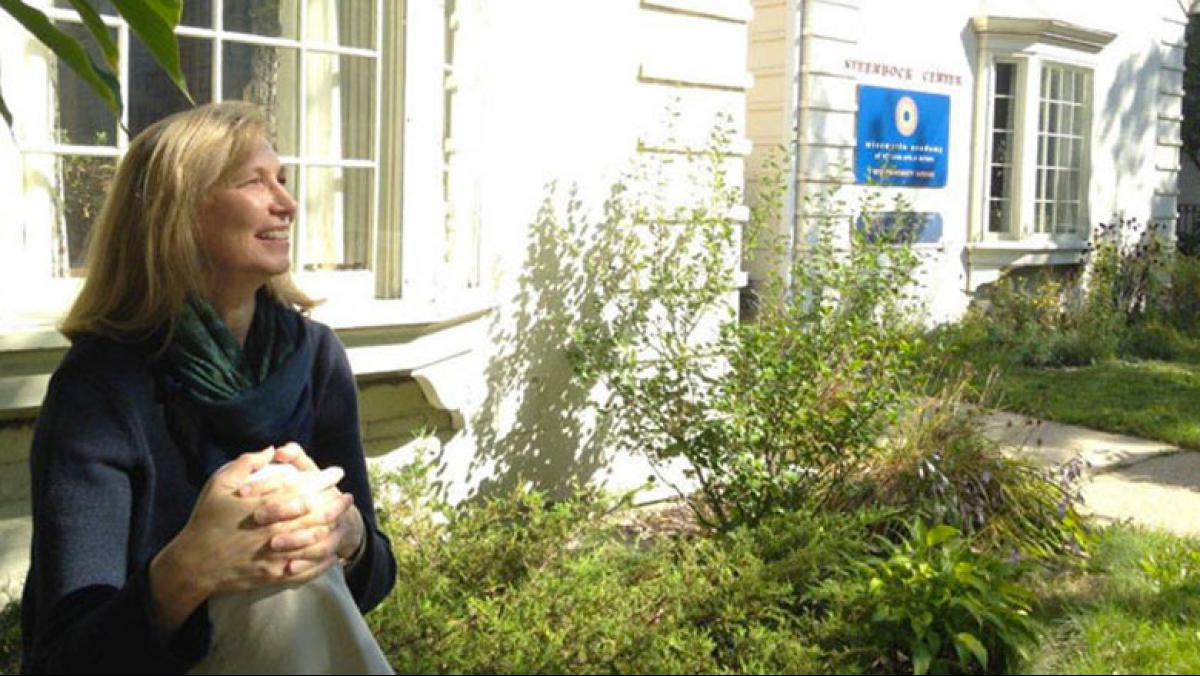Last fall, I had what our friends at public radio call a “driveway moment” (although mine was in the living room). I stopped what I was doing and listened intently to a television program featuring Danielle Allen, director of the Edmond J. Safra Center for Ethics at Harvard University. Allen was talking about how the United States has “disinvested” in civics education and social studies in recent decades. She offered a comparison that really nailed this point: “currently [we] spend $54 per year per kid of federal dollars on STEM education and only 5 cents per year per kid on civics.” She acknowledged that expenditures on STEM (Science, Technology, Education, and Math) education are needed. But, by letting investments in civics and social studies fade away, Allen said, “we have really ceased to lay the foundation in K–12 for young people to understand democracy, be motivated to participate in it, to have the skills and tools they need to participate effectively, and, as a result, enjoy participation.”
That fading was intentional, as Dave Zweifel of Madison’s Capital Times observed in a recent editorial. Some of the shift was to make room in the crowded curriculum for STEM education twenty years ago. The STEM push sought to address the United States’ loss of competitive edge in the global economy in these rapidly expanding fields. Zweifel noted that, through curriculum changes mandated by the No Child Left Behind Act (in effect between 2002 to 2015), most states dropped their requirement for high school civics to just one semester. Some schools dropped it altogether.
Allen’s points kept surfacing in my mind as I considered recent on-the-street interviews I’d heard in which people couldn’t name the three branches of government or what they do. I thought of what I’d learned about the insurrectionists at the Capitol, people who claimed to be fighting for the American Constitution, wondering, Have you even read it? (We later learned that some of them didn’t bother to vote.)
As human beings, we are hardwired to mistrust things we don’t understand. It’s easy to put things into one of two buckets: “us” or “them.” And I can appreciate the feelings of alienation people have when they feel the government doesn’t seem to represent them. So I can see how simple it is to blame and despise a vast and ambiguous concept called “government” if you don’t understand how it works—or your role in making it work.
Making our democracy work might be the biggest task before us as a nation. Allen stated that, “today, fewer than 30% under age 40 consider it important to live in a democracy.” There are many reasons people—and especially young people—may feel disaffected or alienated from governing institutions. While we can’t ask K–12 education to do all the heavy lifting, our schools can play a critical role in improving civics literacy, cultivating a deeper understanding of our complicated national history and its consequences, and developing skills in public decision making.
Perhaps it is time for a twenty-year national initiative on civics, along with its good friend, history. Yes, we still need investments in the sciences, arts, and other fields. But, without a strong public foundation in the workings of democracy, the advances in these fields, along with their promising social and cultural benefits, will be constrained by the democratic institutions that are supposed to help them flourish—and rejected by those who could benefit from them the most.




